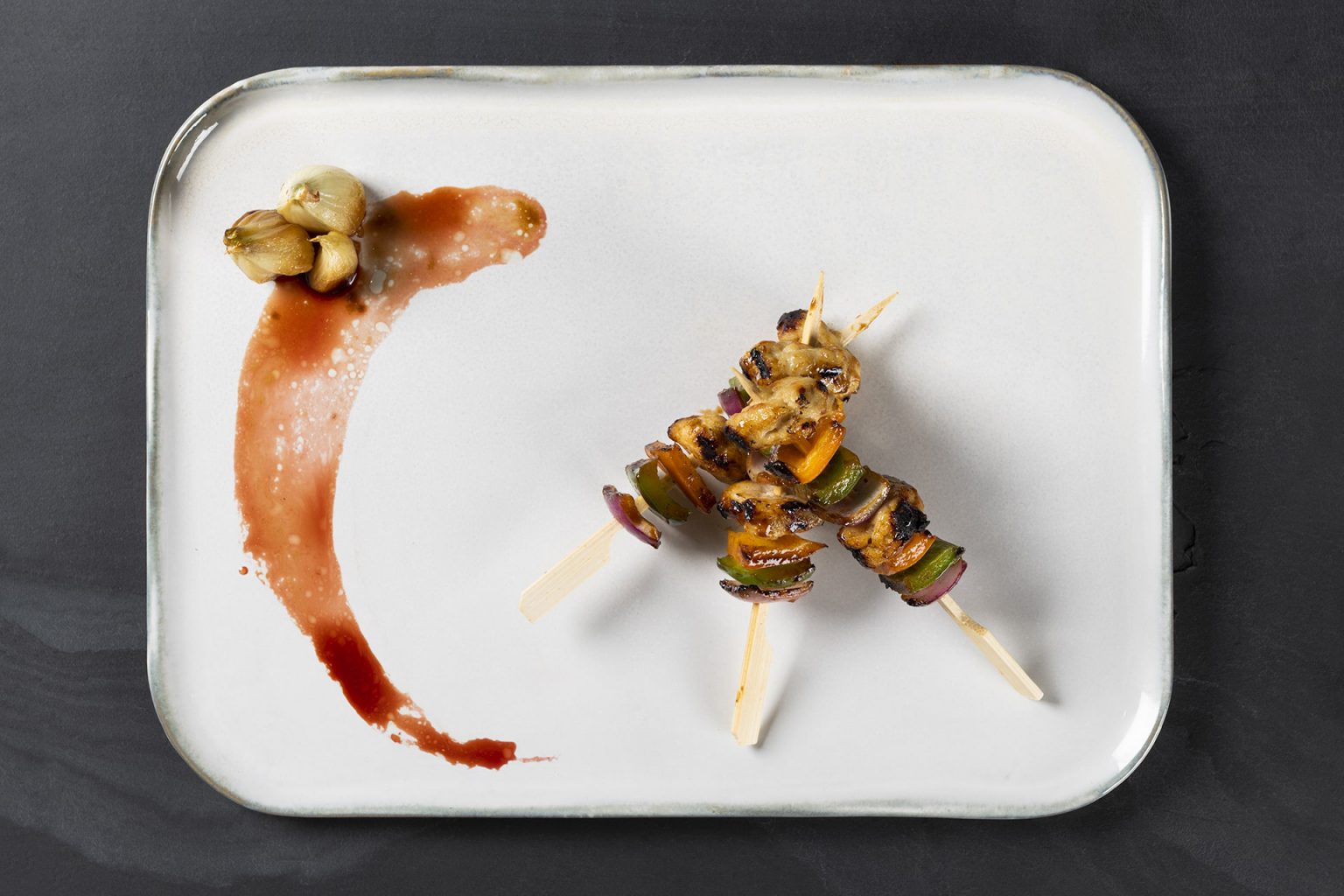SuperMeat Announces New Partnership With Ajinomoto To Accelerate Cultivated Meat Commercialisation
4 Mins Read
Israeli foodtech SuperMeat, whose cultivated chicken a food expert called indistinguishable from the animal version, has announced a strategic partnership with Japanese food giant Ajinomoto. The two plan to work together to speed up and improve the development of cultivated meat products. This marks Ajinomoto’s first move into cellular agriculture, with the biotech investing in SuperMeat as part of the partnership arrangement.
The two companies are seeking to pool their resources for maximum benefit. SuperMeat’s proprietary tech, combined with Ajinomoto’s R&D capabilities, streamlining expertise and scaling solutions is expected to result in commercialised products within two years.

Pushing the sector forward
Low-cost and effective cell growth media will be an initial point of focus for the two. The cultivated meat industry is predicted to increase to $25 billion by 2030, from a projected £2 billion in 2025. For this to happen, companies need to find a way to scale efficiently and in such a way that won’t make final products cost-prohibitive. Cell media remains the biggest financial drain on production costs. Much of this can be broken down to the necessary proteins and growth factors added to media to optimise development. Ajinomoto will prove vital in identifying alternatives that can create price parity with conventional meat for SuperMeat’s products. The biotech has extensive experience working with amino acids for food optimisation.
“The cultivated meat industry has seen many remarkable milestones in the past few years, and SuperMeat’s partnership with Ajinomoto is another important step in the progress of the industry towards commercialization,” the team exclusively told Green Queen. “In the past year, SuperMeat has made significant strides in its path to market, most recently hosting the world’s first blind tasting of cultivated vs. traditional meat which proved them to be indistinguishable. The partnership with Ajinomoto will help the cultivated meat industry address one of the key challenges of commercialization which is building a robust and global supply chain that supports commercial viability manufacturing of meat.”
Getting consumers on side
SuperMeat cites garnering positive reception from consumers and manufacturers as a priority. It has made impressive in-roads into exactly this already, with a blind taste test of its cultivated chicken. Respected food tester Michal Ansky was unable to successfully identify the cultivated meat when it was presented alongside conventional chicken. The success of the product was credited to SuperMeat’s scalable technology that grows muscle, fat and connective tissue together, without the need for scaffolding. The result is a recognisable product that tastes and feels how consumers expect.
“SuperMeat has an impressive track record of producing high-quality cultivated poultry products that have the potential to impact the global meat supply chain and meet consumer demand,” Hiroshi Shiragami, Executive Officer & Senior Vice President, Chief Innovation Officer of Ajinomoto Co., said in a statement. “We look forward to partnering with SuperMeat, whose mission and values align closely with our own, to bring the world more viable sustainable options as alternative protein.”

Partnerships changing the industry
This is not the first time a foodtech focused on cultivated meat has sought to collaborate with a biotech. Earlier this month it was announced that Asian food giant CJ CheilJedang will be working with KCell Biosciences to leverage similar cost savings ahead of cultivated meat development. The two are constructing a specialist research facility .
In December last year, fellow Israel company Aleph Farms announced a partnership with Munich-based Wacker. The latter will be supplying food-grade growth medium proteins in a bid to drive down production costs for Aleph. In a slightly different move, the partnership is founded on an open supply basis, allowing Wacker to supply other manufacturers. The aim is for the industry as a whole to become less financially prohibitive, ahead of, hopefully, international regulatory approvals.
Keeping things in-house, South Korea’s CellMEAT and the U.S.’s Upside Foods have both developed their own media, without using Foetal Bovine Serum. They announced their successes within a day of each other. Developments from both will bring operational costs down significantly and allow for new product progress.
All photos by SuperMeat.




